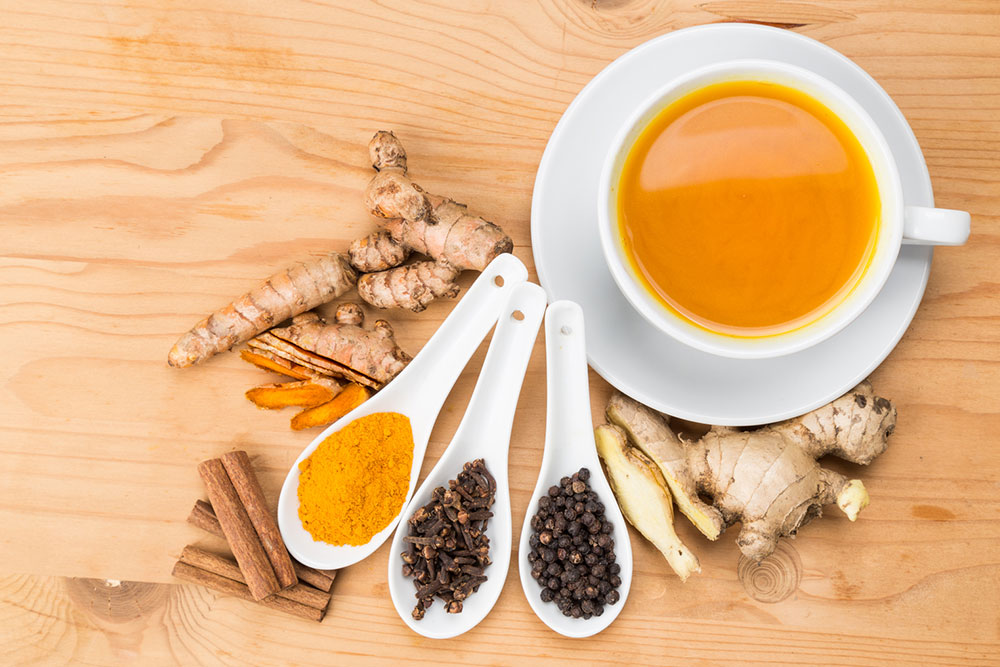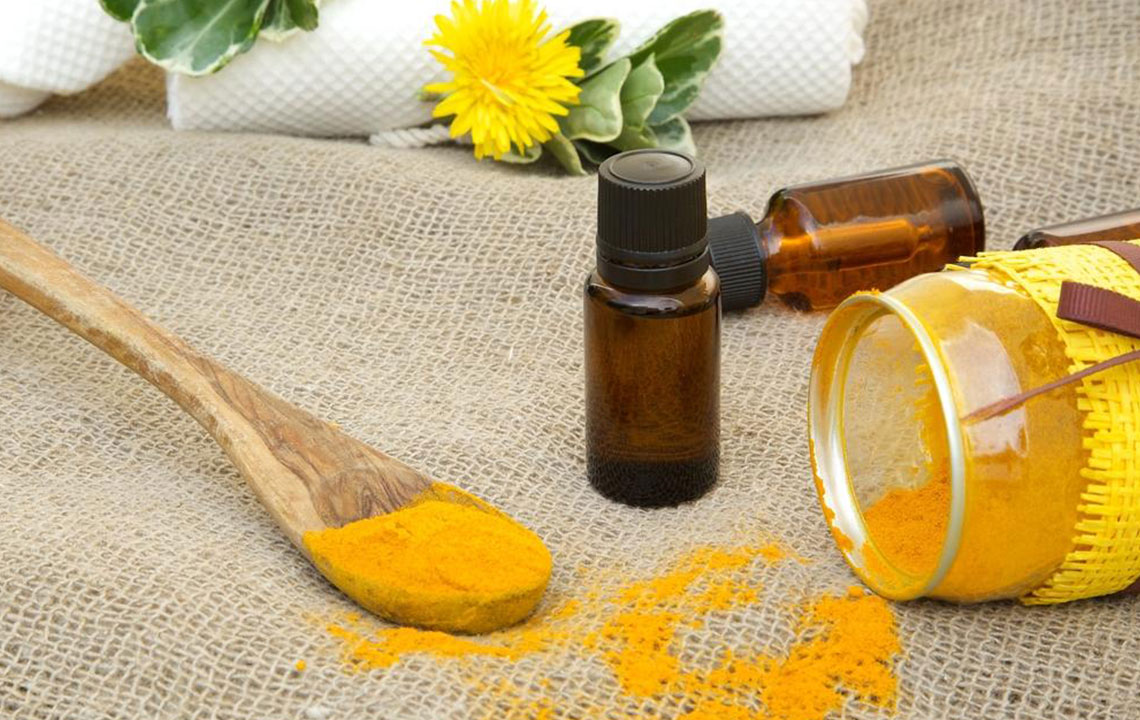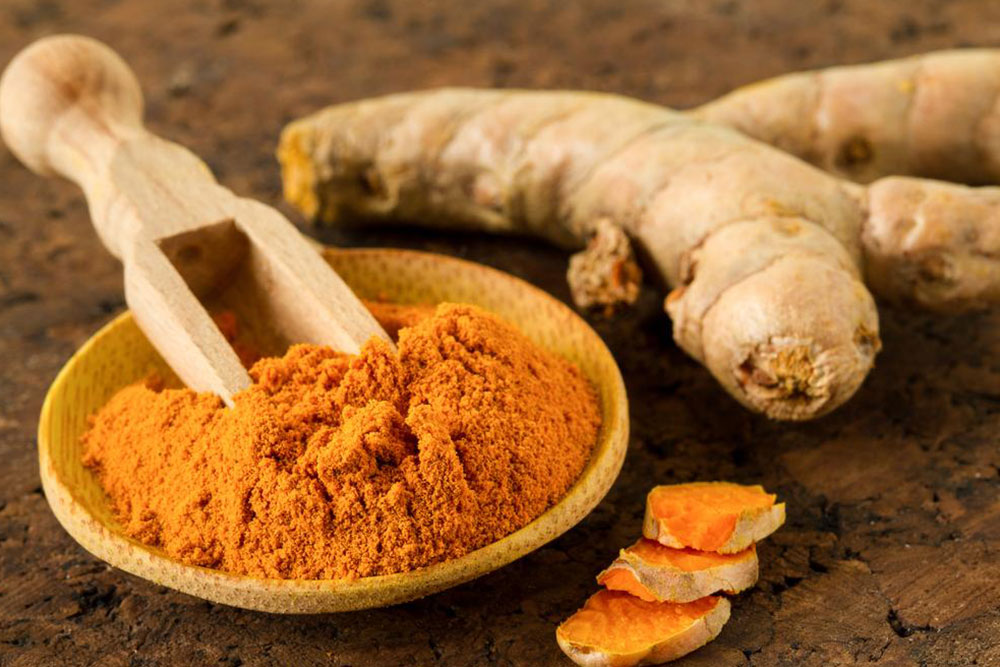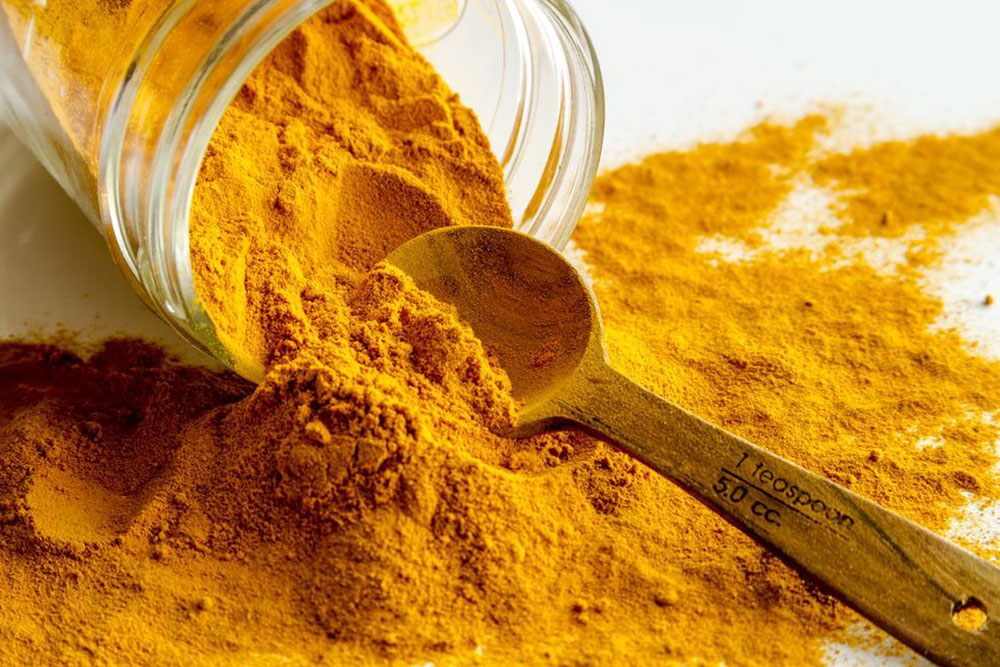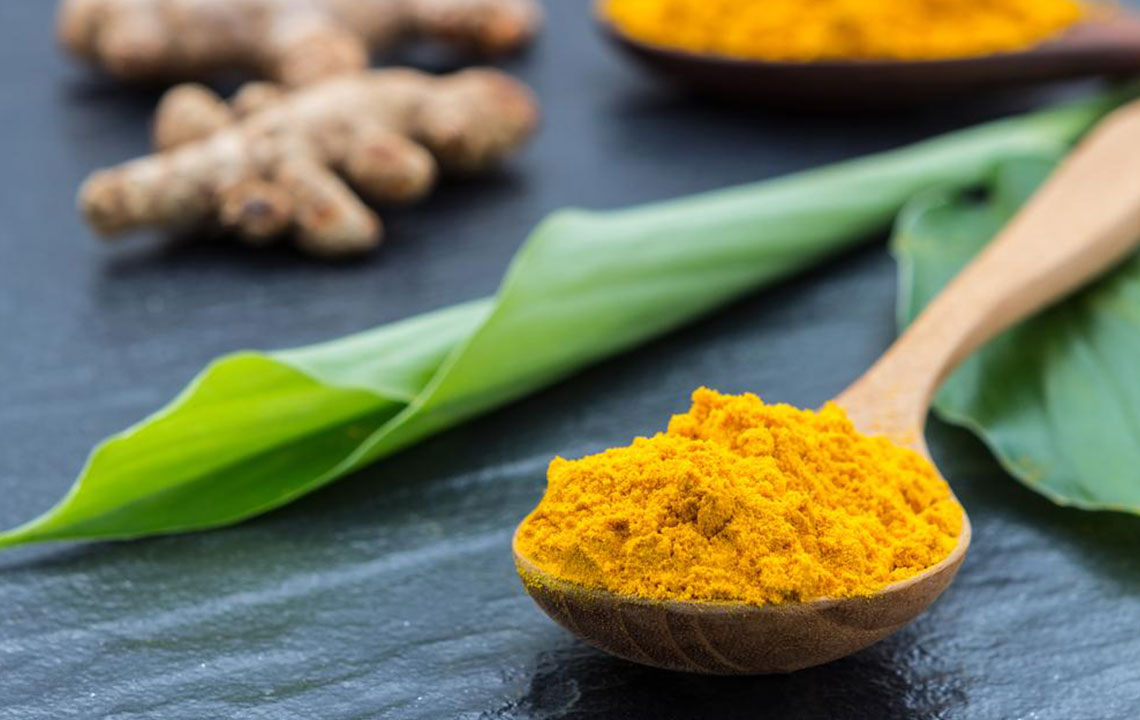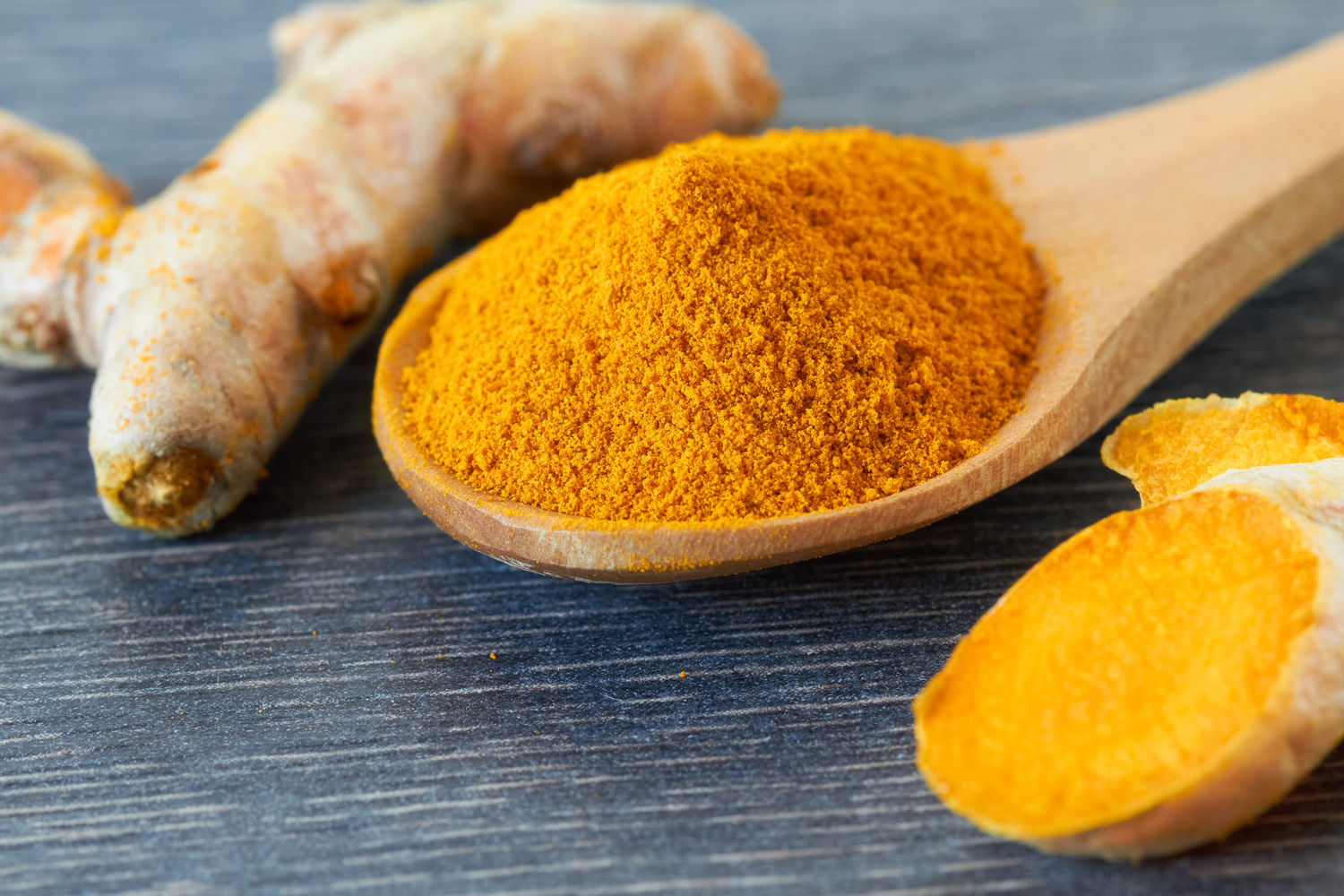Golden Spice Power: Unlocking the Health Benefits of Turmeric and Curcumin
Discover the numerous health benefits of turmeric and curcumin, from reducing inflammation and supporting brain health to potential cancer prevention. Learn how to incorporate this powerful spice into your diet safely and effectively, along with important precautions and usage tips. This article highlights turmeric's role in enhancing wellness, its culinary uses, and how to maximize its benefits while staying mindful of potential side effects.
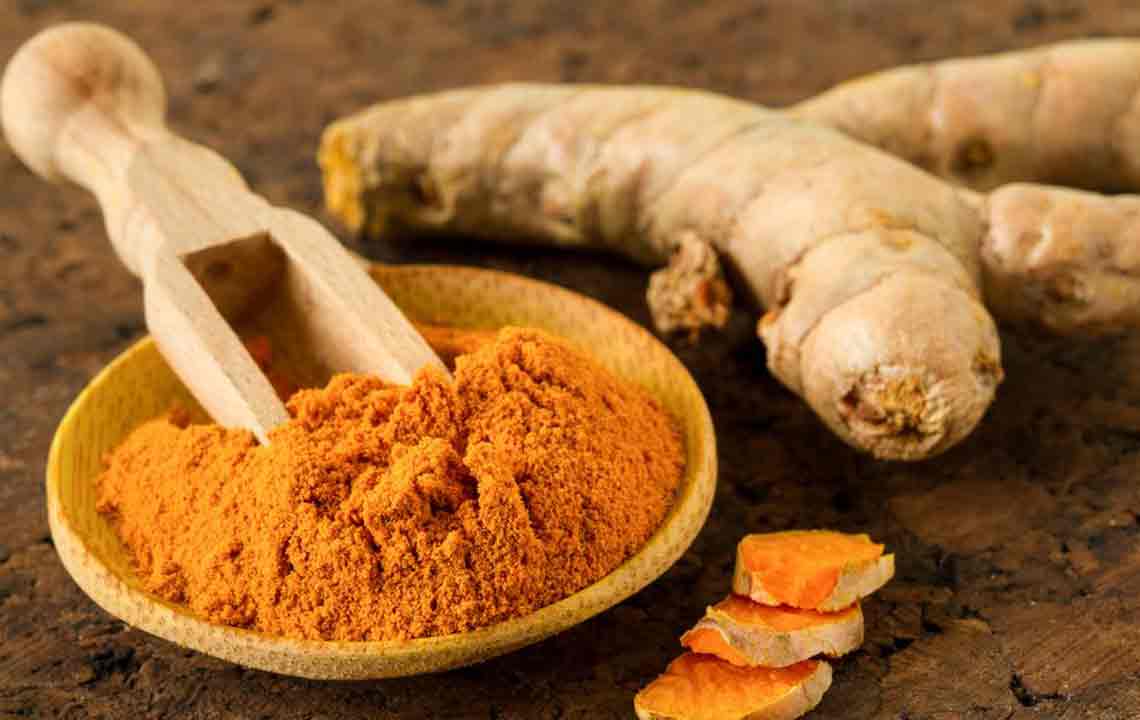
Golden Spice Power: Unlocking the Health Benefits of Turmeric and Curcumin
Originating from India and Southeast Asia, turmeric is a globally popular spice renowned for its vivid yellow color and health-promoting properties. Its active component, curcumin, is celebrated for potent antioxidant and anti-inflammatory effects. Scientific studies suggest that turmeric curcumin may lower the risk of certain cancers and improve overall wellness. Derived from the rhizomes of the turmeric plant, this spice is as rich in curcumin as oranges are in vitamin C. Incorporating turmeric into your diet can offer numerous health advantages.
Health Advantages of Turmeric Curcumin
Recognized as a medicinal herb, turmeric curcumin provides various health benefits, including:
Managing depression symptoms
Supporting brain health and combating Alzheimer’s
Alleviating chronic eye issues like uveitis
Reducing inflammation and joint pain
Assisting in cancer therapies alongside chemotherapy
Regulating blood sugar and insulin sensitivity
Relieving inflammatory bowel conditions such as Crohn’s disease
Lowering unhealthy cholesterol levels
Serving as a natural pain reliever
Treating eye inflammation
Healing sprained ankles
Fighting viral and bacterial infections
Preventing cardiovascular diseases
Supporting prostate health and reducing cancer risks
Curcumin neutralizes free radicals, protecting DNA and cell integrity. It also alleviates osteoarthritis pain and stiffness. Turmeric enhances bile production, improves digestion, curbs bloating, and combats various gut disorders. Its ability to hinder tumor blood supply has shown potential in cancer prevention, including colorectal cancer in animal studies. The spice provides essential nutrients like manganese, potassium, calcium, iron, zinc, and vitamin E, boosting metabolism and physical performance. It also helps prevent kidney stones, blood clots, and supports liver health.
Potential Side Effects
While turmeric offers many health benefits, overconsumption may cause adverse effects such as nausea, ulcers, diarrhea, lowered blood pressure, increased bleeding risk, or menstrual flow changes. It may also interact with certain medications or supplements, leading to unwanted side effects.
Application and Usage
Turmeric can be incorporated into various recipes—try making turmeric eggs with sautéed vegetables or enjoy turmeric tea. Supplements, especially CO2 extracts combined with black pepper, are popular for higher dosages. Typically, a dose around 2000mg is considered safe, but consult a healthcare professional before use, especially if you're on other medications. Consuming turmeric with honey and black pepper enhances absorption. Full benefits are often observed within eight weeks. Additionally, turmeric extracts are used in skincare, cosmetics, and food flavoring. Its anti-inflammatory properties aid recovery from intense workouts and improve cellular health by altering cell membranes effectively, outperforming many diabetes medications. Toothpaste with turmeric can also be used for whitening teeth. Raw turmeric is edible, and a mixture of milk, boiling water, and turmeric can promote health if consumed regularly.
Precautions
Although beneficial for most, turmeric might not suit everyone. Individuals with diabetes, kidney issues, immune disorders, or skin sensitivities should exercise caution. Pregnant women and those on blood sugar, blood pressure, NSAIDs, statins, or blood-thinning medications should consult a doctor before adding turmeric to their diet. Breastfeeding women must also seek medical advice prior to use.

